Expressing his views on the Draft Law on Special Consumption Tax (SCT) amendment, Mr. Nguyen Van Phung, former Director of the Department of Large Enterprise Tax Management (General Department of Taxation) said that the Draft submitted to the National Assembly at the 8th Session has many progressive points compared to previous drafts.
The Draft Law on Special Consumption Tax has many progressive points.
Expressing his views on the Draft Law on Special Consumption Tax (SCT) amendment, Mr. Nguyen Van Phung, former Director of the Department of Large Enterprise Tax Management (General Department of Taxation) said that the Draft submitted to the National Assembly at the 8th Session has many progressive points compared to previous drafts.
 |
| Mr. Nguyen Van Phung, former Director of the Department of Large Enterprise Tax Management (General Department of Taxation) |
Speaking at many seminars on amending the special consumption tax, he supported the proposal to increase tax rates on taxable goods and services and expand the tax base. So what is the basis for his opinion?
Resolution 07-NQ/TW (dated November 18, 2016) of the Politburo on policies and solutions for restructuring the state budget has directed and perfected the collection policy associated with restructuring the state budget revenue towards covering all revenue sources, expanding the revenue base, especially new revenue sources, in line with international practices. The Tax System Reform Strategy to 2030 approved by the Prime Minister in Decision 508/QD-TTg (dated April 23, 2022) also sets out the goal and task by 2030 to continue perfecting the tax policy system associated with restructuring the state budget revenue towards covering all revenue sources, expanding the revenue base, especially new revenue sources, in line with international practices; ensuring the proportion of domestic revenue, the proportion between indirect taxes and direct taxes at a reasonable level.
Thus, the Party's viewpoint and the Prime Minister 's direction require that from now until 2030, the tax policy system must be completed. At the 8th Session, the National Assembly gave opinions and passed the Law on Value Added Tax, Corporate Income Tax and Special Consumption Tax towards restructuring revenue sources and expanding the revenue base to implement the Party's direction and the Tax System Reform Strategy.
But sir, is the tax on sugary soft drinks receiving disagreement from businesses and consumers?
Decision 508/QD-TTg requires reviewing, studying, amending and supplementing the subjects subject to special consumption tax to regulate consumption in accordance with the shift in consumption trends in society and the orientation of the Party and State on protecting people's health and the environment.
Vietnam officially issued the Law on Special Consumption Tax in 1998 and since 2008, it has been amended and supplemented 4 times, and almost every time, the Government assigned the Ministry of Finance to study and add soft drinks to the taxable objects. The Ministry of Finance has studied international practices, sought comments from organizations, individuals, businesses, and experts in various fields; accepted comments, and finally withdrew the proposal to impose special consumption tax on soft drinks. I think that now is the right time to impose special consumption tax on soft drinks, and the deadline should not be postponed.
Not only the special consumption tax, but any tax when applied or increased will receive reactions from businesses and consumers. To reduce negative reactions and increase positive reactions, the task of communication is very important.
According to you, what is the role of the media in this issue?
During this session, the National Assembly passed the Law on Value Added Tax and commented on the Law on Corporate Income Tax. Currently, countries around the world apply much higher VAT rates than Vietnam. The Ministry of Finance once proposed raising the VAT rate from the current 10% to 12%, but after considering all factors, it decided to keep the rate unchanged. This time, the VAT amendment also keeps the rate unchanged.
The draft Law on Corporate Income Tax proposes to impose a tax rate of 17% or 15% (depending on revenue), instead of 20% for small and medium enterprises. Import tax will also be gradually reduced according to the roadmap.
In balancing the state budget, reducing this revenue must increase other revenue, then the state will have money to invest in healthcare, education, national defense, security, ensuring social security, caring for the poor, policy subjects... Enterprises and people who are entitled to reductions and incentives for other taxes, when using goods subject to special consumption tax, must also have the obligation to return to the state budget. The media and press need to propagate for businesses and people to understand and agree.
But the proposal to impose a 10% tax on soft drinks with sugar content over 5g/100ml, according to many experts, is unreasonable?
There needs to be specific research on whether a tax rate of 10% or 5% will directly impact businesses and indirectly impact other industries such as packaging, can, bottle production, etc. Without specific data, the statement that it is reasonable or unreasonable is subjective and emotional.
It is expected that the National Assembly will pass the amended Law on Special Consumption Tax in June 2025, so there is still enough time for the Drafting Committee, the reviewing agency, relevant state management agencies, associations, businesses, experts, and scientists to research and come up with a reasonable tax rate as well as the sugar content in soft drinks that must be taxed. All contributions must be based on scientific basis, objective reality, international practices, and people's consumption habits, and should not be subjective or emotional.
The revised Law on Special Consumption Tax was passed in June 2025, but you commented that the draft submitted to the National Assembly at the 8th Session had many progressive points?
Decision 508/QD-TTg requires research on the application of a combination of proportional tax rates and absolute tax rates for special consumption tax as many countries have done. Previous drafts of the Special Consumption Tax Law were built in the direction of absolute tax and mixed tax, but the draft submitted to the National Assembly still implemented relative tax based on a percentage of the price of goods and services, after the Drafting Committee received comments.
In Vietnam, the price of beer, alcohol and cigarettes has many segments. Because the majority of people use ordinary products, if we immediately apply the mixed or absolute method, it will cause damage to the manufacturing enterprises and consumers. Therefore, applying the current relative tax calculation method is appropriate.
Source: https://baodautu.vn/du-thao-luat-thue-tieu-thu-dac-biet-co-nhieu-diem-tien-bo-d228873.html






![[Photo] Prime Minister Pham Minh Chinh chairs conference to promote public investment growth momentum](https://vphoto.vietnam.vn/thumb/1200x675/vietnam/resource/IMAGE/2025/5/20/7d1fac1aef9d4002a09ee8fa7e0fc5c5)

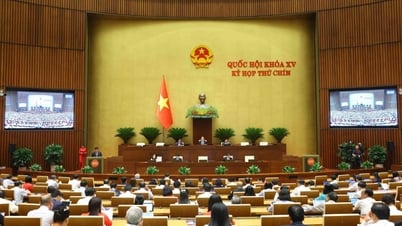





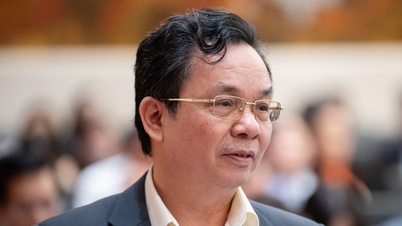

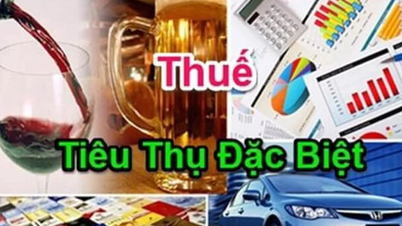


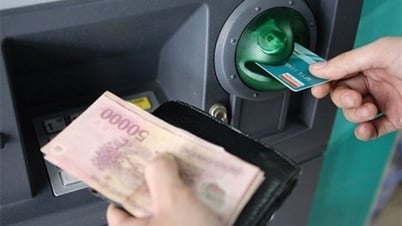




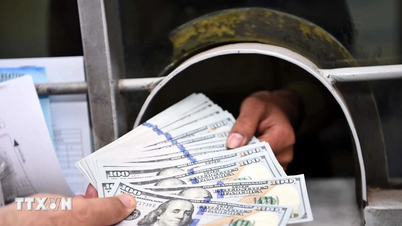

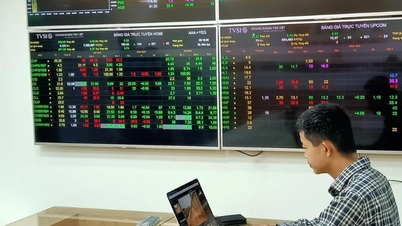






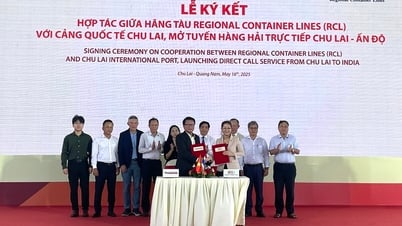


























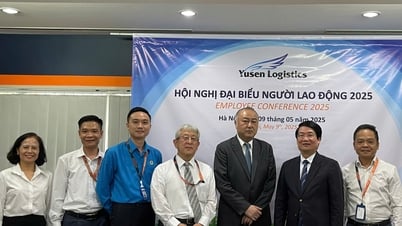







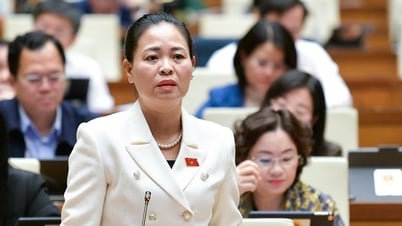



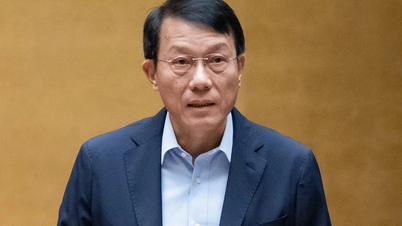

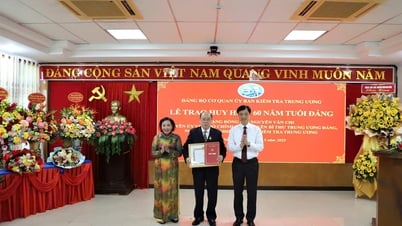



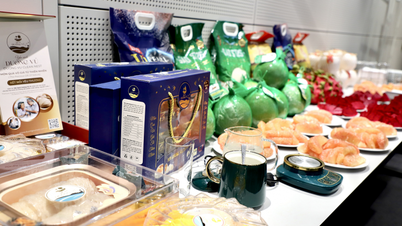

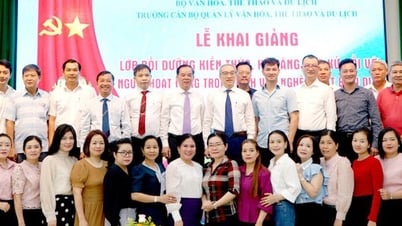

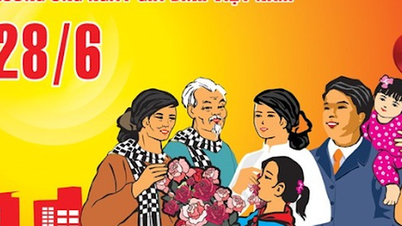



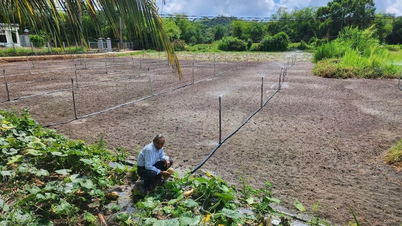

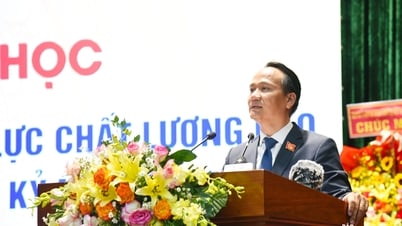

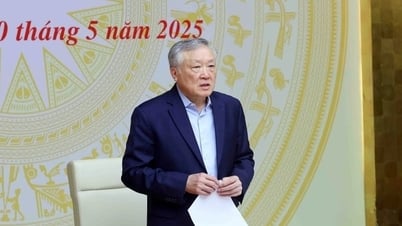

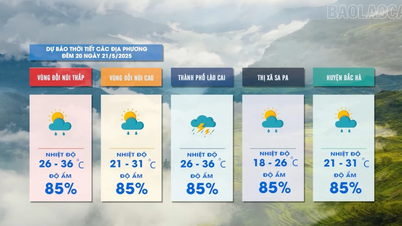













Comment (0)